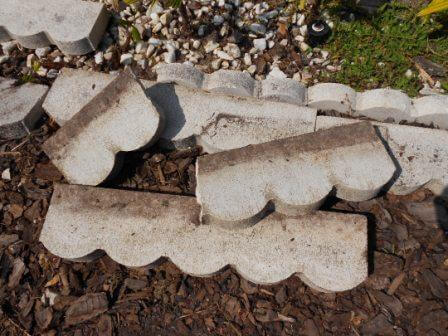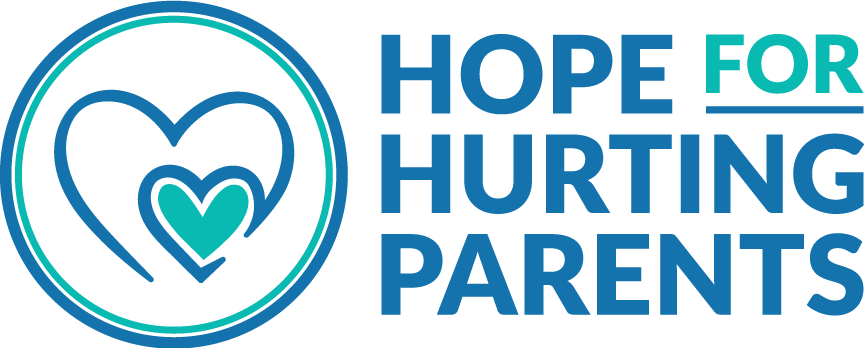 PTSD. Exactly what is it? Could this explain your child’s behaviors? Have you ever wondered if you could be suffering from it, too? Do you feel broken in pieces?Are you having difficulty functioning? Then you will find this information very useful. These are a few insights from a counselor friend of mine who treats Post Traumatic Stress Disorder (PTSD) and what we can do about it for ourselves or for our child – if they want help.
PTSD. Exactly what is it? Could this explain your child’s behaviors? Have you ever wondered if you could be suffering from it, too? Do you feel broken in pieces?Are you having difficulty functioning? Then you will find this information very useful. These are a few insights from a counselor friend of mine who treats Post Traumatic Stress Disorder (PTSD) and what we can do about it for ourselves or for our child – if they want help.
PTSD is a genetic anxiety disorder. It’s a response a person may have when exposed to a traumatic event in which both of the following were present :
1) The person experienced, witnessed, or was confronted with an event or events that involved actual or threatened death or serious injury, or a threat to the physical integrity of self or others.
2) The person’s response involved intense fear, helplessness, or horror.
Typical Symptoms are: (the symptoms need to be present for more than a month)
– Problems concentrating or making decisions
– Memory problems
– Having disturbing dreams and memories or flashbacks
– Feeling hopeless about the future
– Feeling numb or lacking interest in anything
– Having a negative view of the world or other people
– Guilt and shame
– Avoiding people, places, and things related to stressful operational experiences
– Feeling on guard, constantly alert, or jumpy
– Being irritable or having outbursts of anger
– Having trouble sleeping
– Feeling detached or withdrawn from others
The counselor recommended counseling as soon as the person realizes they’re having a problem. If there’s a delay in getting help, the longer the person waits the worse it will get and the longer it will take to get relief from their symptoms. One way you know you have a problem is if the symptoms are significantly interfering with an area of normal life functioning. For an adult it could be their work, parenting or marital relationship. For a child it could be school, play/recreation or socializing. Even if the symptoms aren’t dysfunctional, counseling can be a preventative.
So what can you do? There are different approaches to treatment, but the general answer is counseling which could involve EMDR – Eye Movement Desensitization and Reprocessing. This treatment is used to “desensitize and reprocess” memories that have been stored as a result of traumatic experiences. EMDR is considered to be a break-through therapy because of the quick and lasting relief clients feel from their emotional distress. This therapy repeatedly activates opposite sides of the brain, which releases emotional experiences that have become trapped in the nervous system. There is a lot of information about it on the internet.
Cognitive Behavioral or Exposure Therapy is also helpful. Anti-anxiety medication may be by a doctor or psychiatrist.
The counselor then stressed the importance of self-care. This is crucial because when someone is suffering from PTSD they are under so much stress.
Imagine your life is like a pitcher of water. It’s filled, but has a big hole in the bottom. Since water is steadily leaking out, more must continually be added so it won’t drain dry. Do you see the analogy? The pitcher is you. The hole in the bottom is your child.
Your challenge is to keep doing the things that fill you or refresh you because your child is constantly draining you.
Make a list of what fills you – be very specific. This is mine: Take walks; ride my bike; listen to relaxing or uplifting music; read good books; journal; enjoy photography – taking and looking at my pictures; watch funny movies; share my feelings with a friend; do something for someone else.
– Be intentional and put these things in your schedule
– Retrain your brain to think more positively and not focus on the negative. We get caught up in our thoughts, worrying and obsessing, believing lies.
– Read and memorize scripture verses; sing uplifting songs (praise and worship songs are great)
– Don’t stuff or internalize your feelings; keep talking to people who care
– Detach but not so much that you begin not to care
It’s up to your children if they will succeed or fail. They get to choose what they want for their life. We need to let go of our guilt and shame. We live out of this too much. Let it go. But our children have to want help. They may have to hit rock bottom before they’re ready for it, but we don’t have to wait. We can begin our healing journey right now. Today. Until then, we must transfer ownership over to them so we will not continue to enable, which isn’t really helping them is only pulls us down. This is very hard to do. We need to let go of that, too. Using the Serenity Prayer everyday will help, especially if we are experiencing PTSD symptoms!
May God grant you the Serenity you need to accept the things you cannot change; courage to change the things you can and wisdom to know the difference. Amen.
“Cast all your anxieties on Him, for He cares about you.” I Peter 5:7

0 Comments